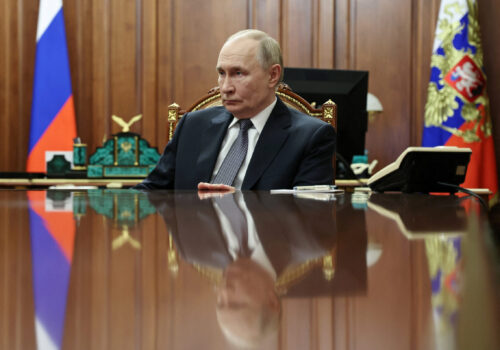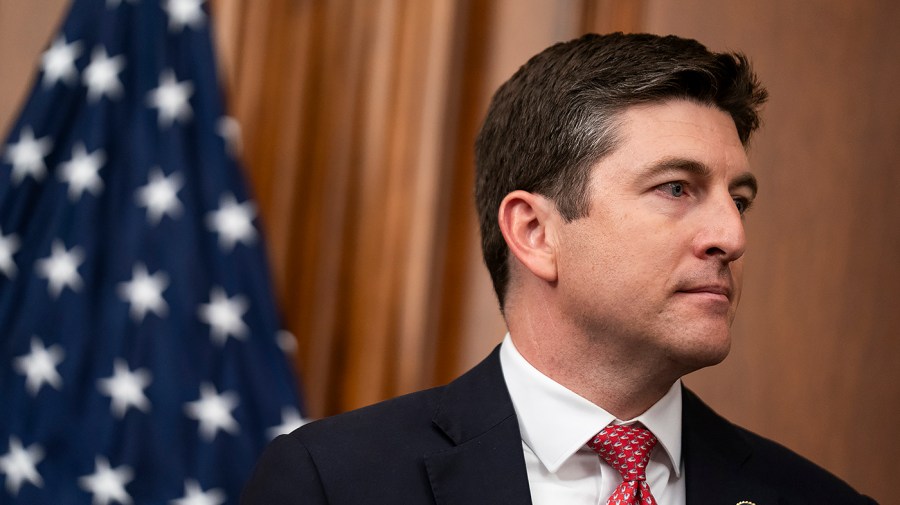The ongoing conflict in Ukraine, marked by Russia’s full-scale invasion that began in February 2022, has sparked intensified cooperation among authoritarian regimes. Key players like Iran, North Korea, Belarus, and China are increasingly supporting Moscow, particularly in the sphere of information warfare. While Western officials have raised alarms about military and economic aid, the implications of information collaboration have received less scrutiny, a gap that could have significant consequences for global security.
As the war in Ukraine illustrates, information plays a crucial role in modern conflicts. The Kremlin has heavily invested in information operations, employing disinformation tactics to destabilize opposition. Similarly, China recognizes the growing importance of information capabilities and has developed a suite of tools to bolster its influence. This evolving landscape poses complex challenges for Western policymakers.
Emerging Cooperation in Information Warfare
Recent developments reveal a deepening partnership between Russia and China in the information domain. A notable meeting between Russian Prime Minister Mikhail Mishustin and his Chinese counterpart Li Qiang reinforced commitments to collaborate on media initiatives, counter disinformation, and promote shared values. This summit, held in November in Hangzhou, signifies a strategic alignment that aims to leverage information as a means of power projection.
Russia’s experience in information operations is extensive, as it has been recognized globally for its multimedia strategies that shape foreign policy outcomes. Meanwhile, China has faced accusations of exploiting social divisions in the West, utilizing disinformation to support populist movements sympathetic to Russian interests.
The impact of these tactics is evident. Support for far-right political parties is rising across Europe, with many of these groups receiving favorable coverage from Kremlin-linked media. This growing alignment between Russian and Chinese narratives reflects a coordinated approach to information warfare that seeks to undermine Western democratic frameworks.
Utilization of Social Media and AI
One of the most striking examples of collaboration is the increasing presence of Russian state media on platforms like TikTok. Reports indicate that these efforts involve coordinated campaigns and the integration of artificial intelligence technologies to influence narratives. Ukrainian officials have accused the Kremlin of utilizing TikTok to demoralize the Ukrainian populace by disseminating videos featuring fabricated testimonials from “ordinary Ukrainians” delivering negative messages about their country’s resistance.
Additionally, Russian recruitment efforts for the war in Ukraine appear to be expanding onto Chinese social media platforms. The proliferation of recruitment advertisements is interpreted by some as tacit approval from Beijing, indicating a complex relationship between the two authoritarian regimes.
Both Russia and China are actively promoting their narratives across respective information ecosystems. Russian outlets are leveraging platforms such as Weibo to disseminate war-related content, while Chinese state media amplifies Kremlin perspectives, framing the invasion as a defensive measure against Western provocations.
As these authoritarian alliances strengthen their information strategies, it is imperative for Western nations to recognize that information warfare constitutes a serious national security threat.
Need for a Coordinated Western Response
To counter this growing threat, Western policymakers must treat information offensives as violations of sovereignty, comparable to military aggression. Establishing clear diplomatic, legal, and economic boundaries in the information sphere will be essential for maintaining security.
Efforts to defend the information space must be more coordinated, combining government initiatives with civil society efforts. Lessons from Ukraine’s wartime experience, as well as recent electoral challenges in Romania and Moldova, can provide valuable insights into effective countermeasures.
Moreover, accountability for hostile information operations is crucial. Western governments should be prepared to publicly expose attacks and impose tangible consequences on nations engaging in these tactics. The evolving landscape of coordinated information operations among authoritarian regimes underscores the necessity for a systematic and robust response from the West.
The current alliance of authoritarian states is setting new standards for information warfare, and the West must harness existing tools and frameworks to combat these developments effectively. Political will is essential to navigate this critical aspect of modern geopolitics and to safeguard democratic values globally.







